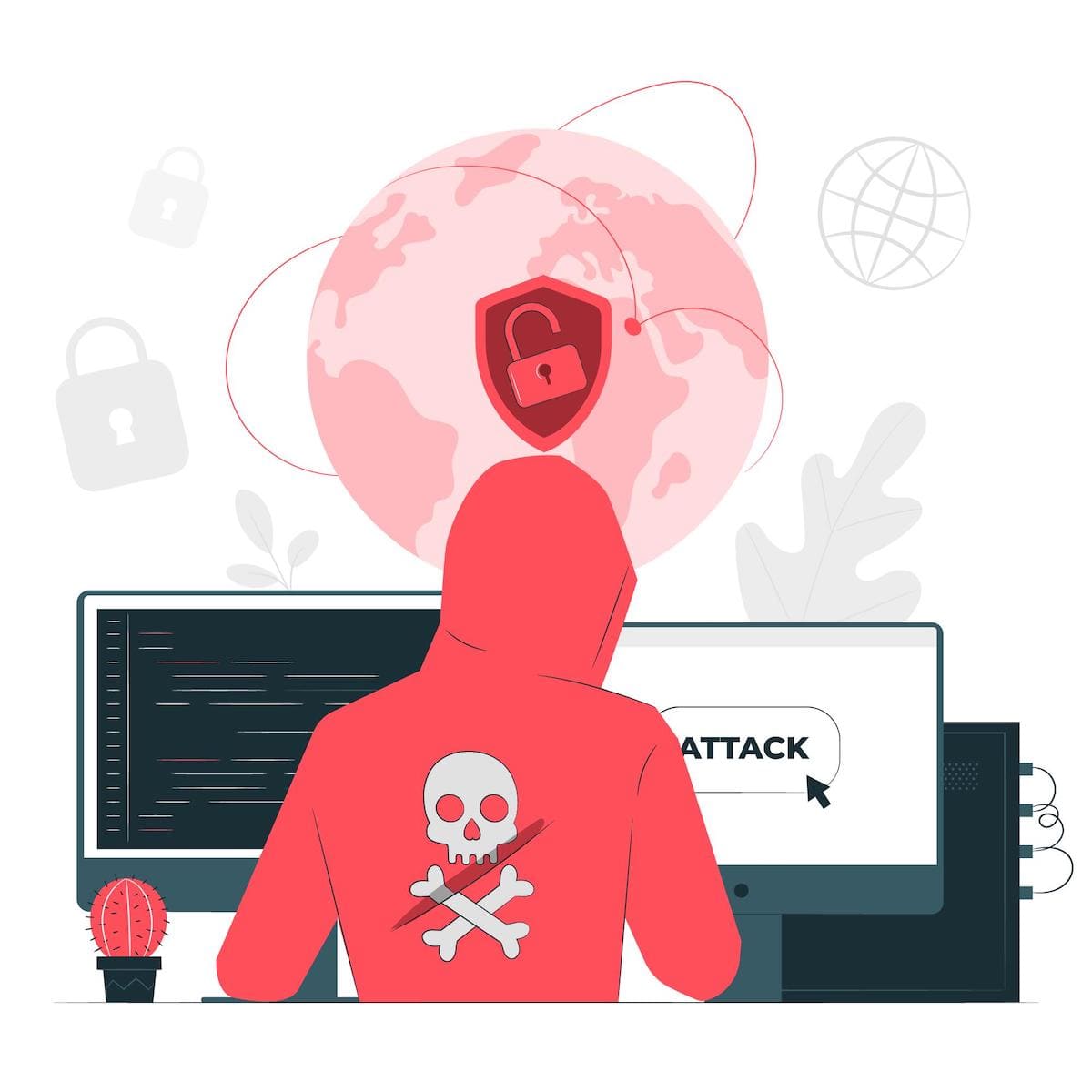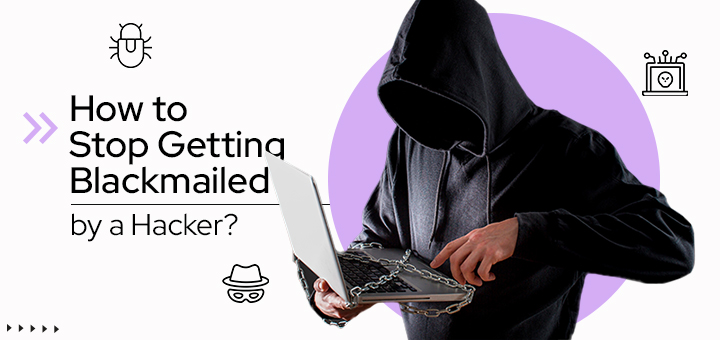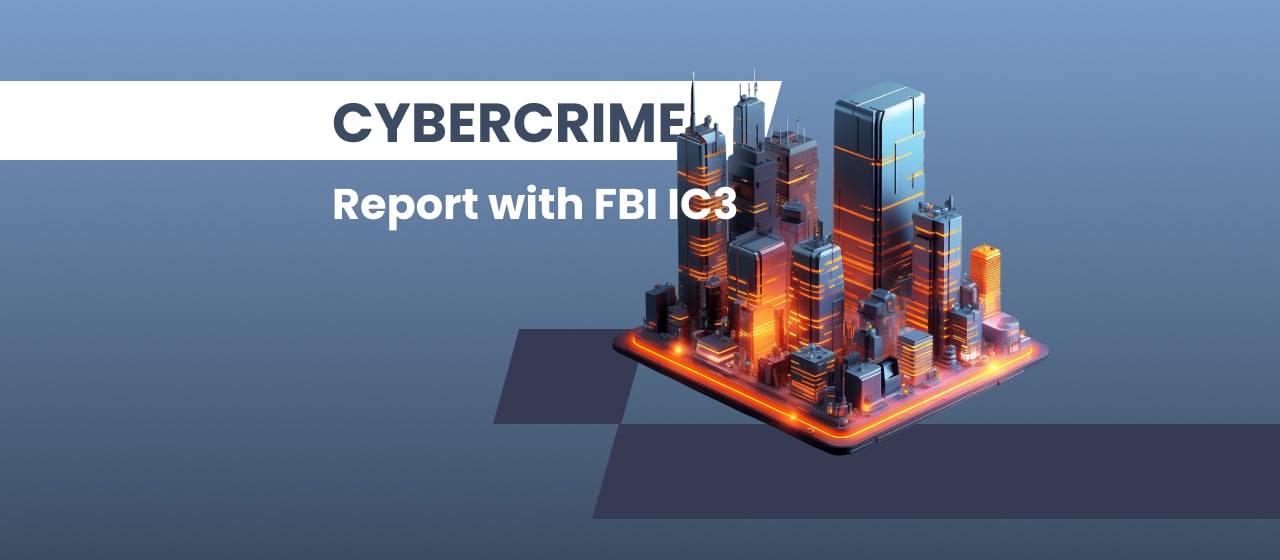Cybersecurity threats, unfortunately, are becoming more common and sophisticated than ever before, and one of the worst threats is blackmail. A hacker can access sensitive information and then use that information to blackmail or extort the victim. Blackmail can cause individuals and businesses considerable stress and financial loss, but there are ways to protect yourself from this type of cyber threat. In this blog post, we discuss the tips and tools you can use to stop being blackmailed by a hacker.

Should You ignore sextortion?
Internet sextortion, an act in which an individual is threatened or coerced into providing sexually explicit content or performing sexual acts, is a growing concern in this digital age. Ignoring such a serious matter puts the victim at risk of exposure and allows the perpetrator to continue their predatory behavior.
Most victims think ignoring the problem will eventually force their sextortionist to give up and disappear. This does happen, but it’s not very common. Ignoring a sextortionist typically leads them to lash out and terrorize their victims even more. They will bombard their suspects with daily threats and even go to lengths of contacting victims’ friends, family, and sometimes their place of employment.
It’s better to be safe than sorry. That said, it is crucial to report instances of sextortion to the police and cyber investigators in order to ensure justice is served and the perpetrator is held accountable for their actions. Additionally, confiding in trusted family and friends for support can help alleviate the emotional toll of such a traumatic experience. Remember, by speaking up and seeking help, you are not only standing up against sextortion but also protecting yourself and any potential victims.
How To Stop Getting Blackmailed by Hacker?
1. Take Immediate Action
The first step when you discover you are being blackmailed is to take immediate action. Stay calm, but respond quickly, gather evidence, and then contact a professional such as law enforcement or a cybersecurity expert. Also, document all communication as evidence can be used against the hacker.
2. Back Up Your Data
It’s always wise to back up important data, documents, and files. In the event of a hack or cyber-attack, backing up data will keep your data secure and can help you recover quickly.
3. Invest in Cybersecurity
Investing in cybersecurity services for your business is one of the best ways to protect your data and prevent hackers from stealing sensitive and confidential information. Firewalls, SSL, and other encryption tools can help protect your online accounts and sensitive files.
4. Keep Passwords Secure
Passwords are the keys to the kingdom when it comes to cyber-attacks, so it’s essential to keep them safe and limit access. Use two-factor authentication where possible, change them frequently, and do not reuse passwords.
5. Be wary of Phishing Scams
Phishing scams are one of the popular methods used by hackers, and it’s essential to be cautious when it comes to suspicious emails or messages from unreliable sources. Do not click on unknown links or download attachments.
Conclusion
Unfortunately, blackmail is an all-too-common threat on the internet, but with the proper knowledge and tools, you should protect yourself from such risks. By being aware of the warning signs and implementing cybersecurity measures, you stand a better chance of securing your data and finances.
If you need additional help or insights on protecting yourself, contact an IT professional who can provide the resources and knowledge you need to stay safe. Remember, the best defense against blackmail is being proactive with cybersecurity measures and reporting blackmail to the authorities and other available resources.
Thanks for reading our article “How to stop getting blackmailed”.







